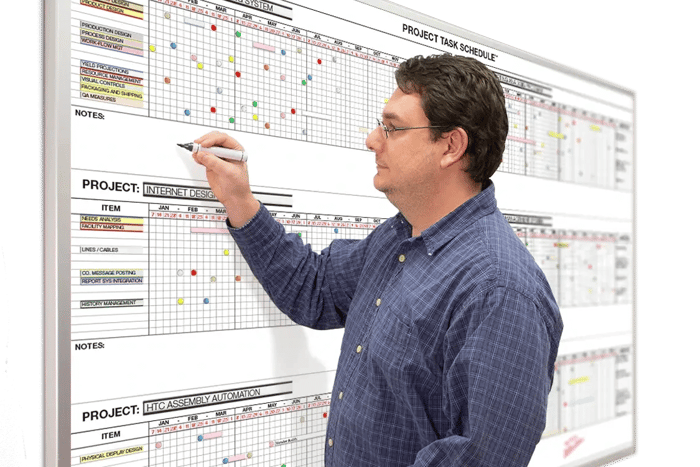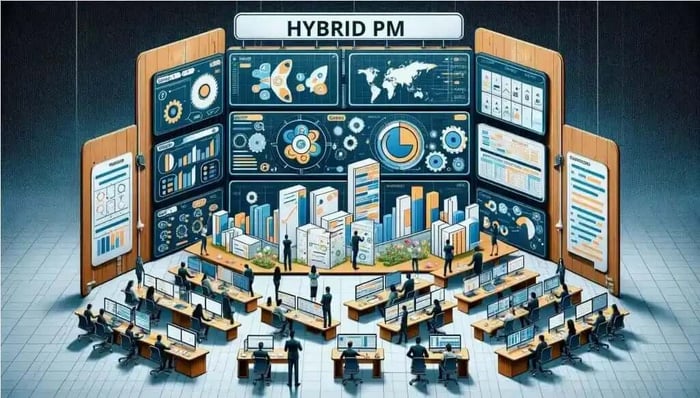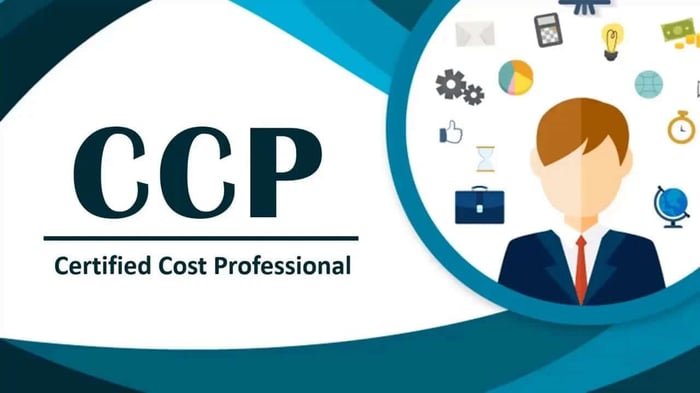Table of Contents
- 📅 What Is the Certified Project Scheduler (CPS) Certification?
- 📚 Certified Project Scheduler (CPS) Exam Guide Overview
- 📝 How to Prepare for the CPS Exam?
- 🧑🏫 What Are the Benefits of Getting Certified as a Project Scheduler?
- 📊 Certified Project Scheduler (CPS) Exam Difficulty: Is It Hard?
- 📅 CPS Exam Requirements: Who Can Take It?
- 🔍 Common Questions About the Certified Project Scheduler (CPS) Exam Guide
- 🎓 Final Thoughts
- FAQs
Are you ready to master the art of scheduling? If you’re looking to climb the career ladder as a project scheduler, the Certified Project Scheduler (CPS) Exam guide is your golden ticket. 🚀 Whether you're new to the field or an experienced professional, this certification can elevate your credentials and enhance your project management skills. But before you dive into the study material, let’s break down everything you need to know to ace the CPS exam.
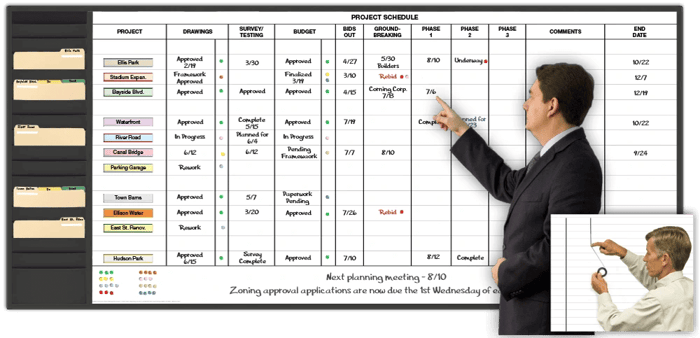
📅 What Is the Certified Project Scheduler (CPS) Certification?
In this section, we’ll discuss what CPS is, why it’s essential for your career, and who should pursue it.
The Certified Project Scheduler (CPS) certification is designed for professionals looking to specialize in project scheduling. It’s an ideal credential for anyone involved in managing timelines and resources in complex projects, particularly in industries like construction, manufacturing, IT, and energy.
Why is this certification essential?
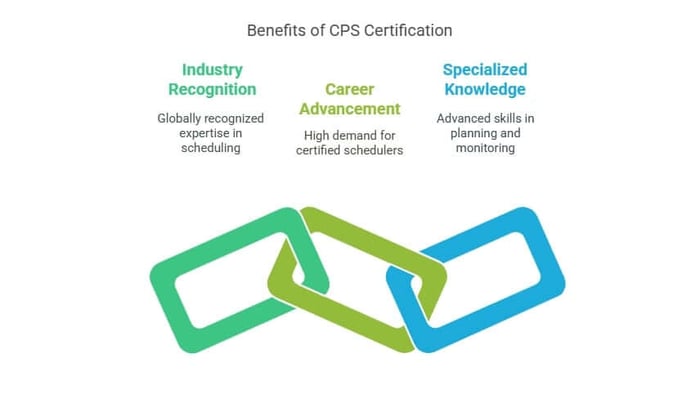
Industry Recognition: CPS is recognized globally as a mark of expertise in project scheduling.
Career Advancement: Certified schedulers are in high demand as companies increasingly rely on precise and accurate scheduling to meet deadlines and manage resources efficiently.
Specialized Knowledge: This certification equips professionals with advanced skills in planning, scheduling techniques, and project performance monitoring.
Pro Tip: If you're trying to decide between different career paths, understanding the Project Management Certification vs MBA can help you make an informed choice about your future.
📚 Certified Project Scheduler (CPS) Exam Guide Overview
What can you expect on the CPS exam? Here’s a breakdown of what’s covered.
The CPS exam tests your ability to plan and schedule projects with precision. Here’s an overview of the exam structure:
Total Questions: 150 multiple-choice questions
Duration: 3 hours
Passing Score: 70% or higher
Subjects Covered:
Scheduling Fundamentals – 30%
Project Planning – 25%
Time Management & Resource Allocation – 20%
Project Monitoring and Reporting – 15%
Advanced Scheduling Tools and Techniques – 10%
Certified Project Scheduler (CPS) Exam Guide Tips:
Know Your Scheduling Software: Familiarize yourself with tools like Primavera P6, MS Project, and others commonly used in the field.
Understand Critical Path Method (CPM): This is a fundamental concept that is often tested in scheduling exams.
To find out which certifications are more accessible and can help you start your career quickly, check out this article on the easiest project management certification.
📝 How to Prepare for the CPS Exam?
Preparing for the CPS exam doesn’t have to be stressful. Follow these tips to set yourself up for success.
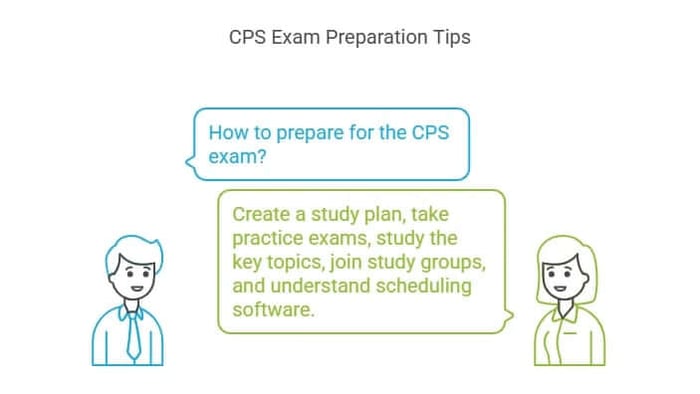
1. Create a Study Plan
Set aside dedicated study time each week leading up to the exam. A structured study schedule ensures that you cover all topics thoroughly.
2. Take Practice Exams
Practice makes perfect. Take as many practice exams as you can to get familiar with the types of questions and improve your time management skills during the actual exam.
3. Study the Key Topics
Focus on the core concepts, including scheduling principles, project planning, and the software tools commonly used in project scheduling. Resources such as online courses, textbooks, and CPS exam study guides can help.
4. Join Study Groups
Collaborating with others can significantly enhance your understanding of the material. Study groups allow you to discuss challenging concepts and exchange knowledge.
5. Understand Scheduling Software
Familiarity with scheduling software like Primavera and MS Project is essential. Many questions on the CPS exam involve software tools, so hands-on practice is a must.
🧑🏫 What Are the Benefits of Getting Certified as a Project Scheduler?
In this section, we’ll explore the key benefits of CPS certification and how it can boost your career.
🌟 Career Advancement
Project schedulers with CPS certification stand out from their peers. They are often seen as more skilled, organized, and capable of handling complex schedules, making them highly desirable for leadership roles in project management.
💰 Increased Earning Potential
CPS-certified professionals typically command higher salaries compared to their non-certified counterparts. According to a recent survey, the average salary for a CPS-certified scheduler is 20-30% higher than those without certification.
🔧 Improved Project Performance
Certification improves your scheduling and time management skills, leading to more efficient project timelines, fewer delays, and optimized resource allocation. This means you’re not just adding value to your career—you’re helping your company meet its goals and improve its bottom line.
📊 Certified Project Scheduler (CPS) Exam Difficulty: Is It Hard?
Let’s break down whether the CPS exam is difficult and how you can approach it.
The CPS exam is known to be challenging, but it’s certainly achievable with proper preparation. The questions require a deep understanding of scheduling techniques and tools, as well as the ability to apply them in real-world scenarios.
However, many candidates find success by breaking the material into digestible sections, utilizing study resources, and practicing regularly.
Difficulty Tips:
Don’t Cram: It’s crucial to spread out your study sessions to avoid burnout.
Focus on Weak Areas: If you’re not confident with certain topics, dedicate extra time to those areas to increase your chances of success.
📅 CPS Exam Requirements: Who Can Take It?
Find out the prerequisites for the CPS certification and whether you’re eligible to take the exam.
To be eligible for the CPS exam, you typically need:
Work Experience: At least 2 years of experience in project scheduling or related fields (varies by institution).
Educational Requirements: A high school diploma or a bachelor’s degree is usually required, though some work experience might substitute for formal education.
If you meet these requirements, you're ready to start your certification journey.
🔍 Common Questions About the Certified Project Scheduler (CPS) Exam Guide
Answers to some frequently asked questions about the CPS certification process.
1. How long is the CPS certification valid?
CPS certification is typically valid for 3 years before you need to renew it through continued education or re-examination.
2. Can I take the CPS exam online?
Yes, the CPS exam is offered online, so you can take it from the comfort of your home or office.
3. How much does the CPS exam cost?
The CPS exam typically costs between $300 to $500, depending on the provider.
4. How long does it take to get CPS certified?
From study time to the exam, the certification process can take between 3 to 6 months, depending on your schedule and preparedness.
🎓 Final Thoughts
Becoming a certified project scheduler can significantly enhance your career in project management.
As industries around the world increasingly rely on well-organized schedules to meet deadlines and manage resources, obtaining the Certified Project Scheduler (CPS) certification ensures you have the skills and credibility needed to succeed. APMIC offers a range of certifications to help you advance your career in project management, and you can find more details about the best Project Management Certifications.
FAQs
How long does the CPS exam take?
The CPS exam takes approximately 3 hours to complete, with 150 multiple-choice questions.
Is the CPS exam difficult?
It can be challenging, but with proper preparation and study, most candidates pass.
What are the prerequisites for the CPS exam?
Typically, you need 2 years of work experience in project scheduling or a related field.
What is the passing score for the CPS exam?
You need to score at least 70% to pass the CPS exam.
Can I take the CPS exam online?
Yes, the CPS exam is available online, so you can take it remotely
What resources should I use to study for the CPS exam?
Study guides, practice exams, and online courses can be helpful to prepare for the CPS exam.
How much does CPS certification cost?
The CPS exam typically costs $300 to $500 depending on the provider.
How long is CPS certification valid?
CPS certification is valid for 3 years before it needs to be renewed.

